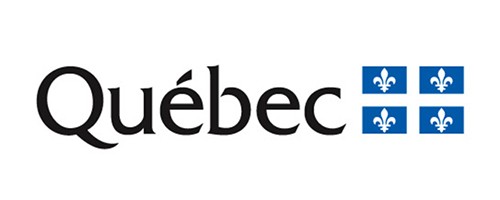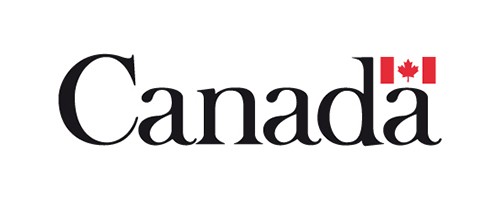Each year, Québec International’s Economic Studies team sheds light on various important economic indicators in a publication called “Report and Outlook.” In addition to analyzing data from the previous year, our economists consider the current context and predictions to form a solid idea of the changes to expect in the coming months. Québec International is pleased to unveil the Purchasing Power section of this document, which looks at the evolution of salaries, the cost of living and the financial health of the population.
Highlights 2023
Inflationary pressures
- Inflation rate 4.8% (-23.8%)
- Average annual salary $64,143 (+2.6%)
- Average hourly wage $33.66 (+4.4%)
- Disposable income per capita $39,816 (+1.0%)
The most accessible average house and rent prices among major Canadian CMAs
- Average price of a single-family house $400,879, the most affordable in Canada (+6.6%)
- Average monthly rent $1,040/month, the most affordable in Canada (+6.6%)
Real estate market challenges
- A historically low vacancy rate: 0.9% decrease
- Decrease of 5,009 construction starts, Drop of 40%
Outlook 2024
In the Québec City CMA in 2023, the vacancy rate was 0.9%, its lowest level in 15 years. This has led to an increase in housing demand and a decrease in the number of available housing units. Housing vacancy levels in all areas of the CMA were low in 2023, especially in the suburbs, which had the lowest proportion of available housing units. For example, the vacancy rate is virtually zero for two-bedroom units in the northern suburbs, while it reached 0.8% on the South Shore. In areas such as Sainte-Foy, where the vacancy rate had reached almost 5.0% during the pandemic, the rate has now fallen to just 0.5%. As can be seen, the housing market in the Québec City region has tightened.




